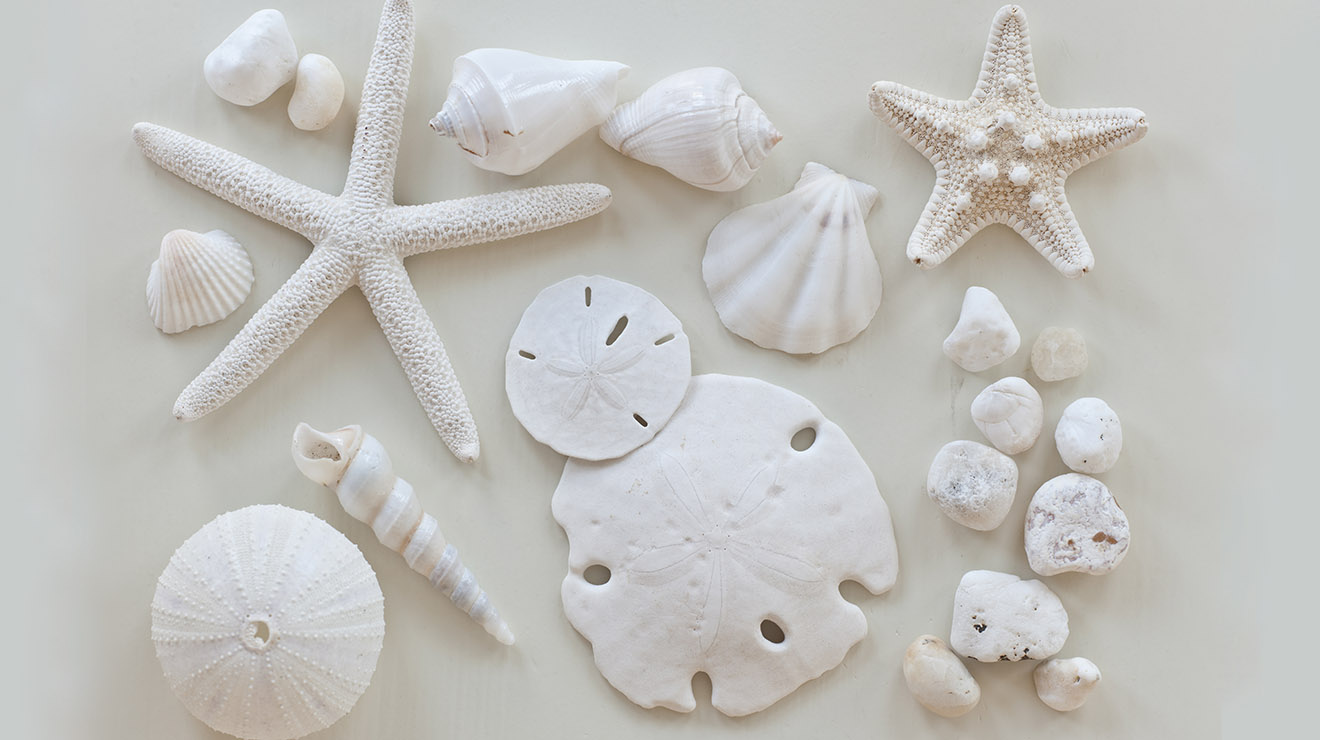Facing a cancer diagnosis is a profoundly challenging experience, one that often brings with it a whirlwind of emotions and decisions to be made. Amidst the treatment plans and medical consultations, fertility preservation might not always be top of mind for cancer patients. However, it’s a crucial consideration, especially for those who dream of building a family in the future. In this blog, we dive into the importance of fertility preservation for cancer patients, the available options, and the hope it can provide in the face of uncertainty.
Cancer treatments such as chemotherapy, radiation, and surgery can have significant impacts on fertility. For many cancer patients, preserving the possibility of having biological children becomes a paramount concern. While defeating cancer is the primary goal, the desire to maintain future reproductive options is also valid and essential for quality of life post-treatment.
Fertility preservation offers cancer patients the chance to safeguard their reproductive potential before undergoing treatments that may compromise fertility. By taking proactive steps, individuals can protect their ability to conceive naturally or through assisted reproductive technologies (ART) like in vitro fertilization (IVF) in the future.
Available Options for Fertility Preservation:
Several options are available for fertility preservation, and the choice depends on factors such as the patient’s age, cancer type, treatment plan, and personal preferences. Some common methods include:
- Egg Freezing (Oocyte Cryopreservation): This process involves stimulating the ovaries to produce multiple eggs, which are then retrieved, frozen, and stored for future use. Egg freezing is suitable for women who have sufficient time before starting cancer treatment.
- Sperm Banking (Sperm Cryopreservation): Male cancer patients can preserve their fertility by banking sperm through ejaculation. Sperm samples are frozen and stored, ready for use in future fertility treatments.
- Embryo Freezing: For couples or individuals in a committed relationship, embryos can be created through IVF using eggs and sperm, with the resulting embryos frozen for future use.
- Ovarian Tissue Freezing: In cases where there isn’t enough time for egg retrieval or if certain cancer treatments may harm the ovaries, ovarian tissue freezing offers an alternative. A portion of ovarian tissue is surgically removed and frozen for later transplantation or fertility restoration.
Fertility preservation can provide cancer patients with a sense of hope and control during a tumultuous time. While the journey ahead may be daunting, knowing that options exist to preserve fertility can alleviate some of the emotional burden and offer a ray of optimism for the future.
Fertility preservation can also have long-lasting psychological benefits, helping individuals envision a life beyond cancer treatment. It provides a tangible reminder that there is life after cancer, with the potential for building a family and pursuing dreams of parenthood.
It’s important for healthcare providers to discuss fertility preservation options with cancer patients early in the treatment planning process. Open communication and access to fertility specialists can empower patients to make informed decisions about their reproductive health, ensuring that they have the opportunity to preserve fertility if desired.
For more information about fertility preservation at UNC Fertility, visit our fertility preservation page! If you are interested in setting up an appointment to discuss your fertility preservation options, call our Raleigh office at 919-908-000 or contact us online today!








